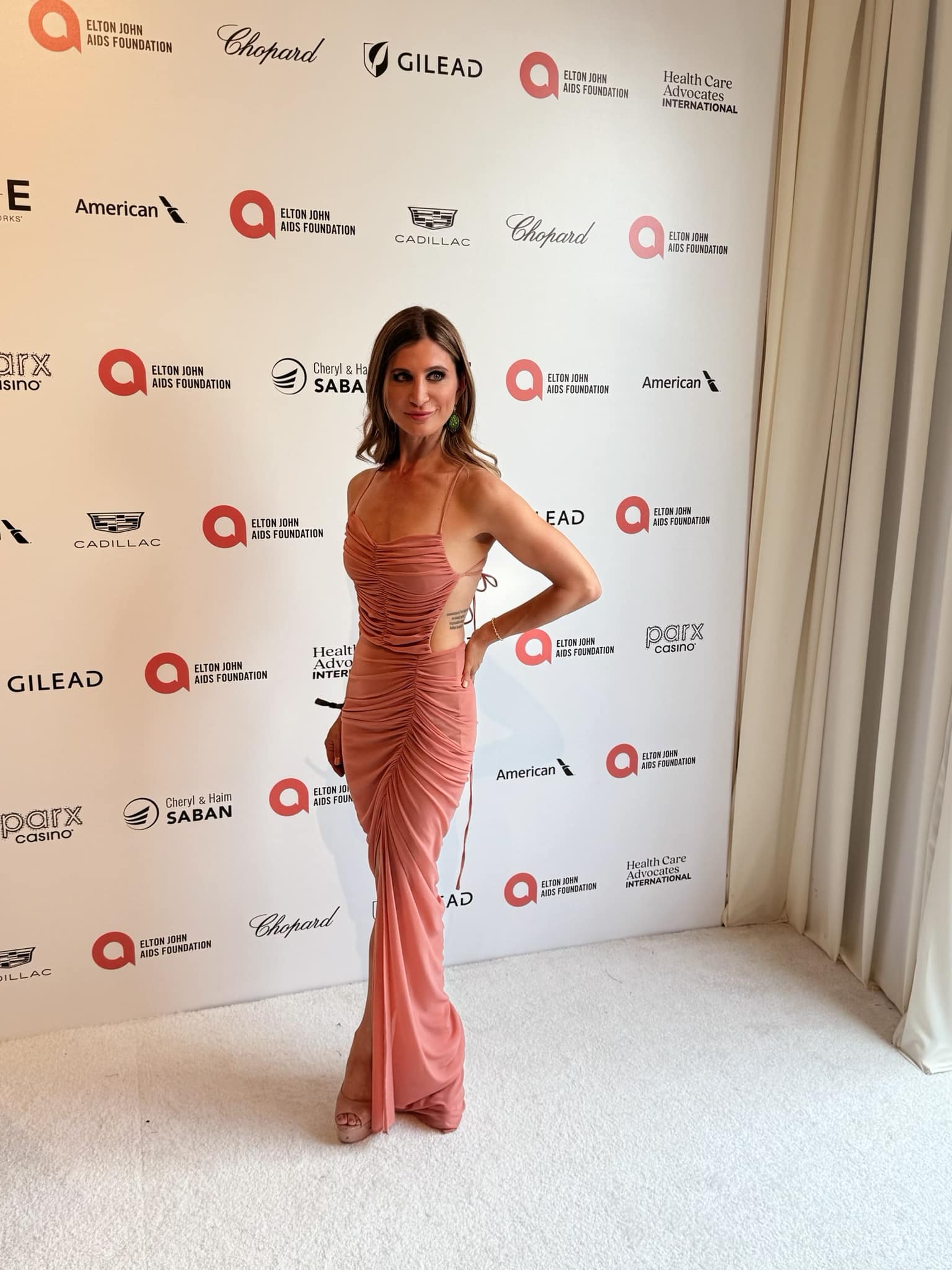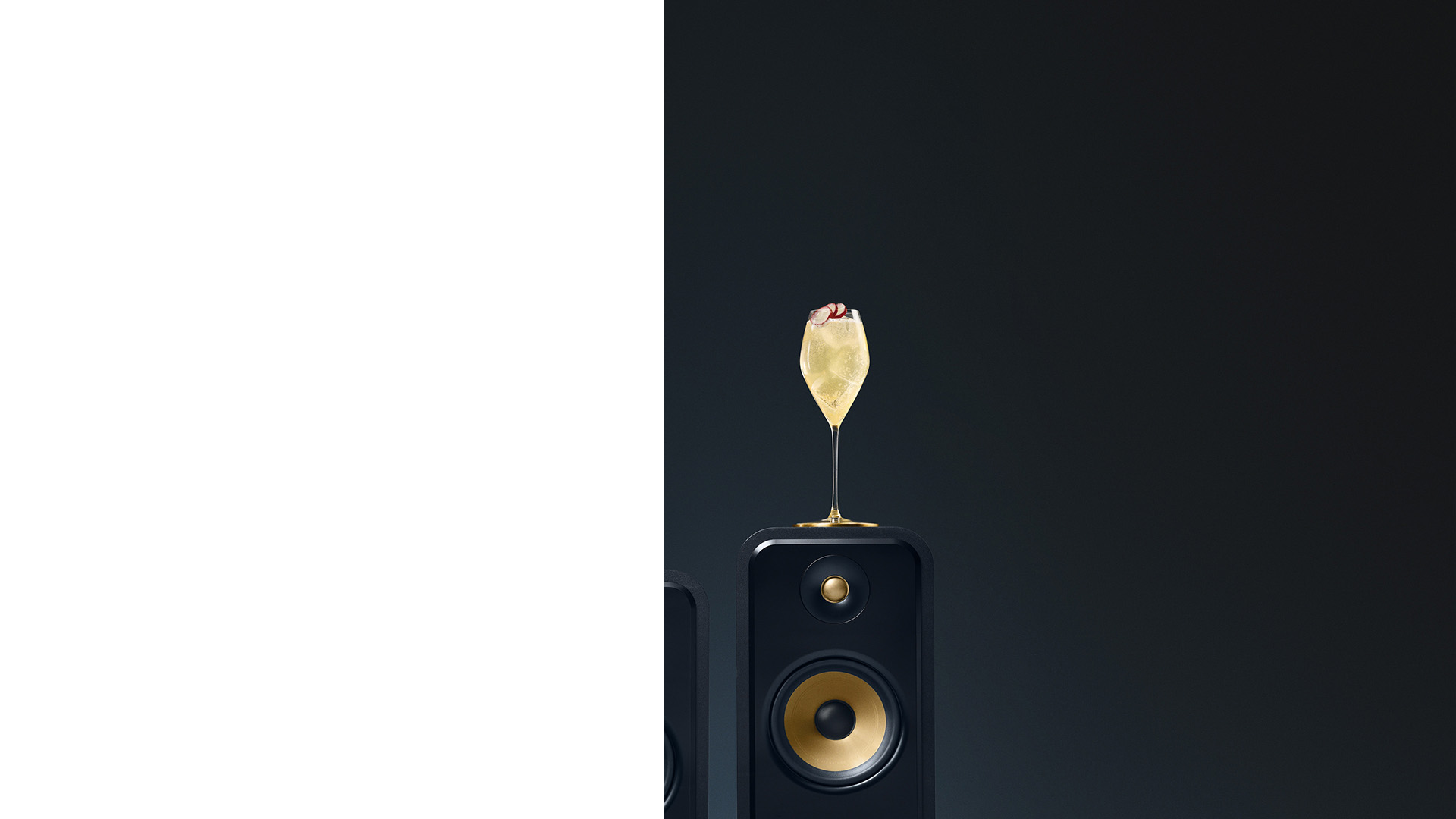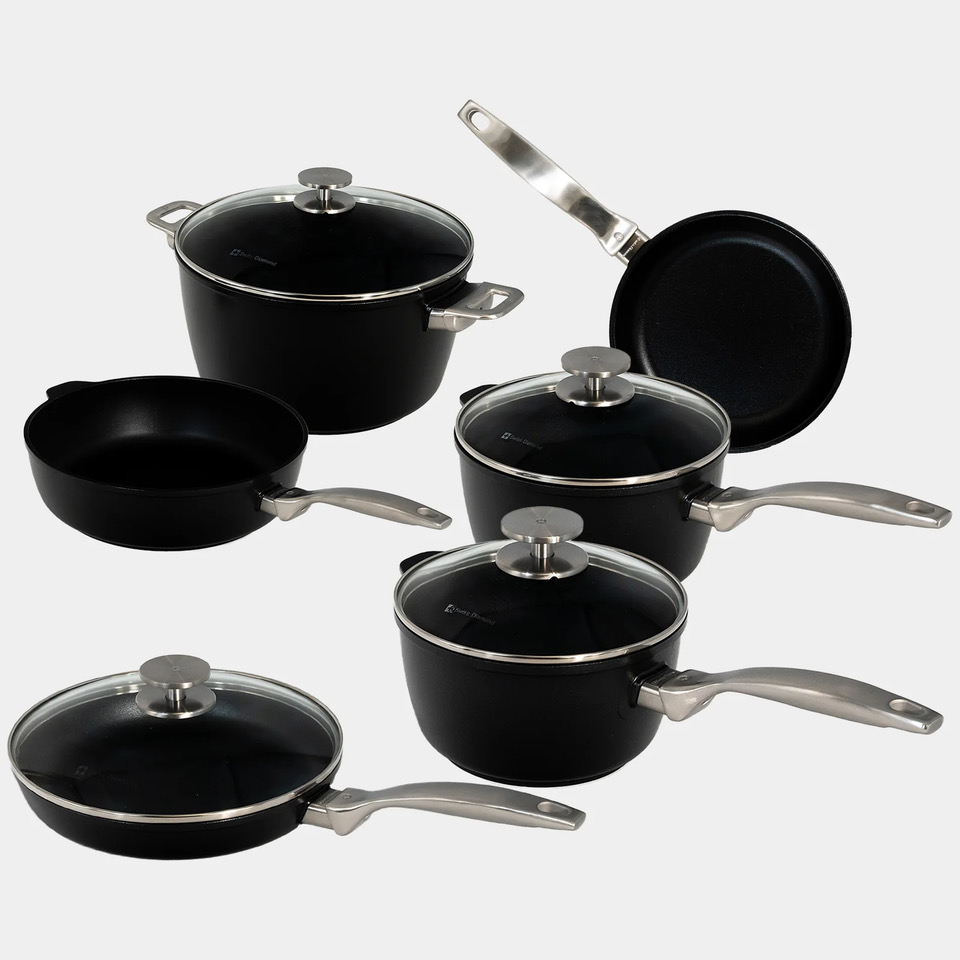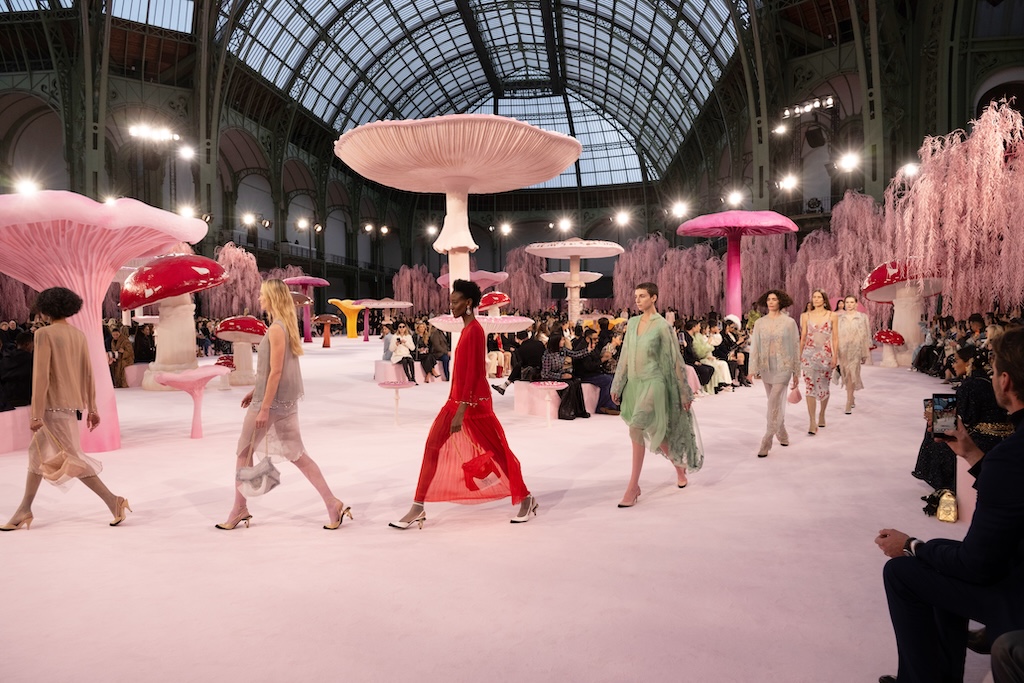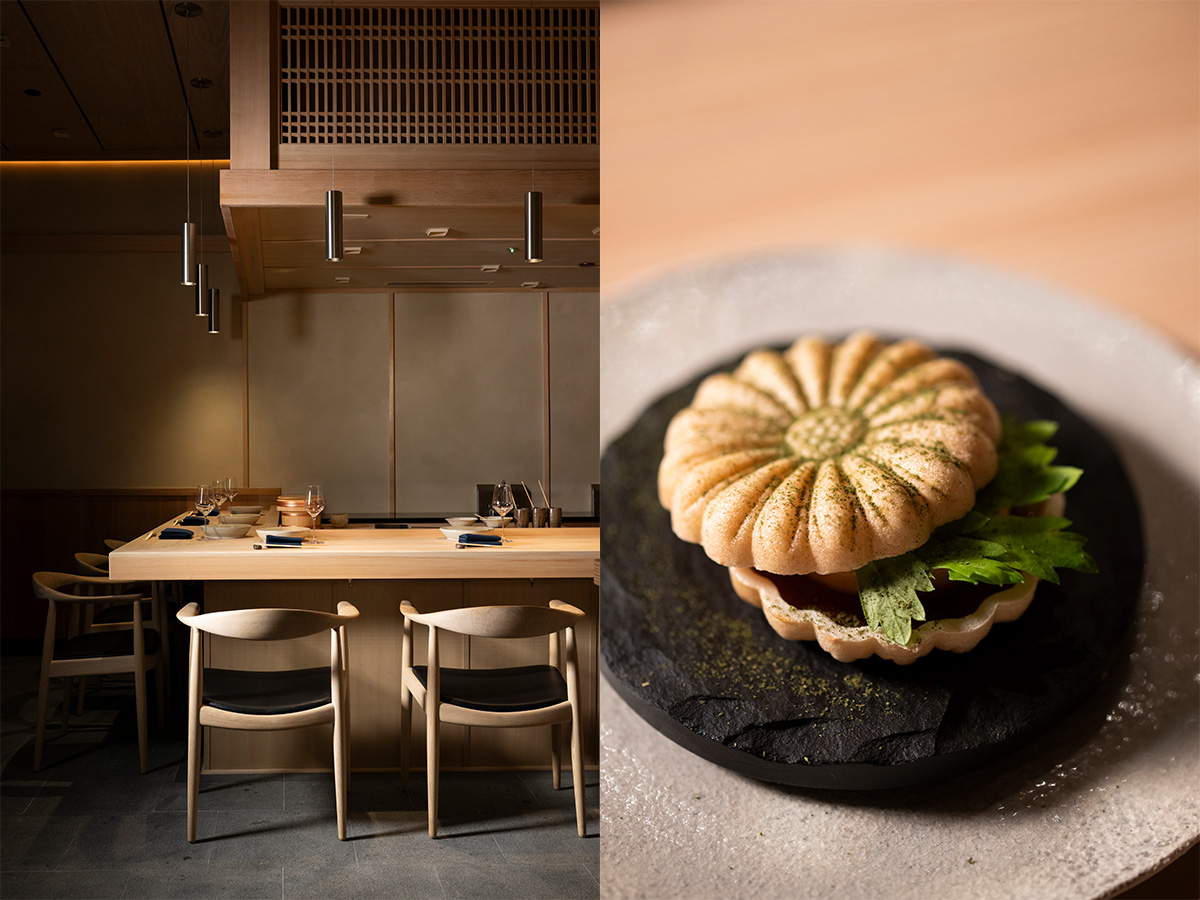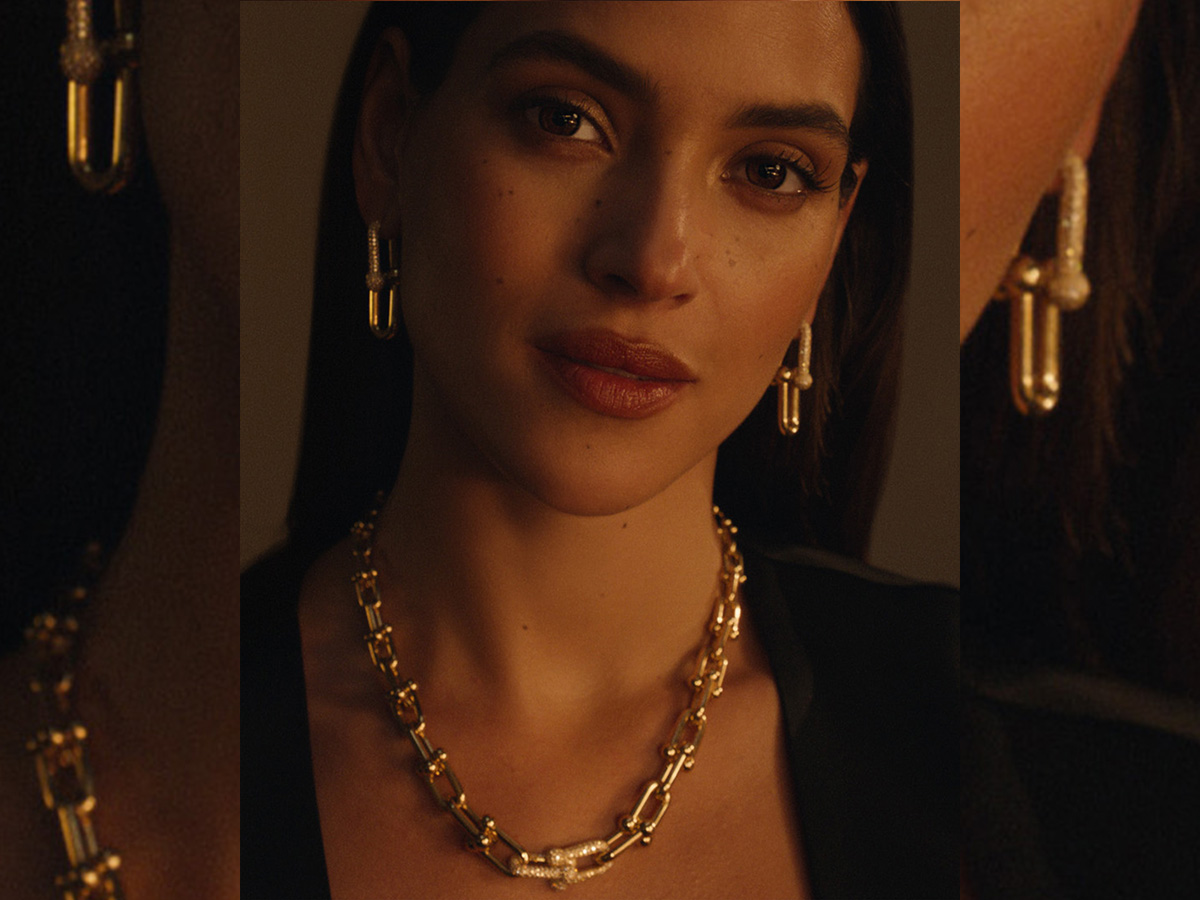In The Knick Of Time: Kristaps Porzingis On His Road To All-Star Glory
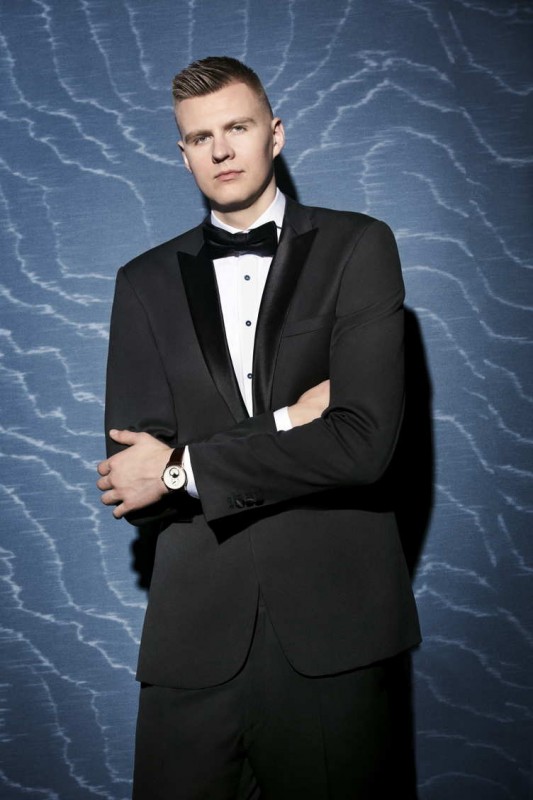
Shirt: SUITSUPPLY
Watch: JAQUET DROZ
BY: LAURA SCHREFFLER
PHOTOGRAPHY: FRANKIE BATISTA
STYLING: JASMINE CACCAMO
GROOMING: ELLEN GUHIN
SHOT ON LOCATION AT SKY LUXURY RESIDENCES, NYC
Type the name Kristaps Porziņgis into Google and “unicorn” is inevitably what pops up in your search bar. Needless to say, the rising NBA star isn’t a mythical beast with a horn in the middle of his forehead, but his seemingly overnight success is the stuff legends are made of.
It was current Golden State Warriors player Kevin Durant who first coined the phrase before facing off against the then-20-year-old New York Knicks power forward/center rookie in 2016, saying, “He can shoot, he can make the right plays, he can defend and he’s a seven-footer that can shoot all the way out to the three-point line. That’s rare. And block shots—that’s like a unicorn in this league.”
Durant’s praise of Porziņģis is well-deserved, particularly because of his rocky start in the league. During the 2015 NBA draft, the then-virtually unknown Latvian transplant, fresh off the boat from Spanish club CB Sevilla (where he was promoted to the senior team at age 17) was actually booed by die-hard fans A fourth overall draft pick is a lot to live up to for any budding young player, especially one who needs to completely reverse public opinion. To add even more pressure to the situation, Porziņģis had already made history even before his first game: he is one of the only three Lavian players to ever play in the NBA—including former Golden State Warriors center Andri Biedrins and former Minnesota Timberwolves player Gundars Vetra (who played only 89 total minutes in 13 games during the 1992-1993 season)—and the highest drafted, to boot. He was set to be drafted in 2014, but withdrew two weeks before to continue honing his skills in Spain. Given that he was projected to be picked somewhere between 12th and 21st overall, opting out and giving himself more time to train turned out to be the smartest decision he could have made.
That said, he’s certainly silenced the haters, hushed the doubters and made his country proud by outplaying his contract, becoming the first rookie in league history to post more than 1,000 points, 75 three-pointers, 500 rebounds and 100 blocks in a single season.
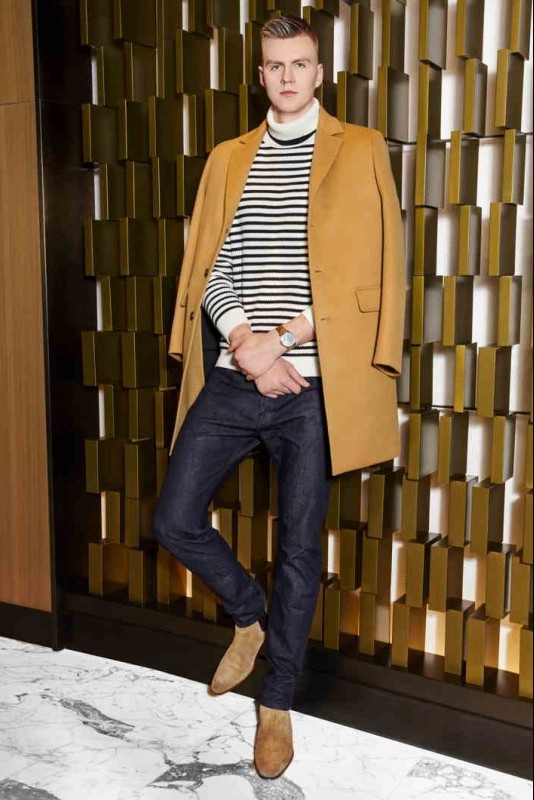
Jeans: ALBA
Taupe boot: SAINT LAURENT
Watch: JAQUET DROZ
Porziņģis, now 22, never doubted that he could change public opinion. He let the boos bounce off him, never taking initial criticism too seriously. “In the States, people don’t know much about European players who get drafted, and aren’t going to accept them as easily as an American player from college [they’ve already been watching],” he says matter-of-factly. “But I knew that because of my work ethic and being able to speak English right away would help. It showed the fans that I was prepared and the transition wasn’t going to be as hard for me. I wasn’t afraid of the pressure—I took [criticism] as a challenge. I wanted to prove that I could play in the NBA.”
Playing professional basketball aside, it was always playing in New York for the Knicks that was his goal. “I was very into American culture already, so it was a dream come true to be drafted by the Knicks, to be here in New York and hear my name in the draft,” he admits, adding, “I’ve loved New York my whole life. I love the passion the city has, the grit the city has, and that the city is hardworking and appreciates hardworking people. Whatever you lay out hard on the floor, whether you win or you lose, New Yorkers appreciate that.”
He certainly has the New York state of mind: He went after on-court domination with the single-minded focus only someone young and truly hungry could have. Failure was never even an afterthought. “I knew sooner or later I would be able to play in the NBA,” he says confidently. “That I could play well was not a surprise for myself. As soon as I worked out with the guys from the very first day, I knew I was good enough and that it was just a matter of time. I knew what to expect. I just didn’t know when it was going to show on such a big stage. I think people who weren’t expecting much from me were much more surprised than I was.”
Regardless, no one could have predicted just how popular Porziņģis would be, or how star-powered. In the past 50 years, he has joined an elite crew of players aged 22 or younger—including Rick Barry and Shaquille O’Neal—who have averaged 30-plus points per game through the first 10 games of an NBA season. He was voted second in the NBA Rookie of the Year ceremony in 2016, earned the NBA All-Rookie First Team honors during the 2015-2016 season, and played for Team World during the Rising Stars Challenge during All-Star Weekend in 2016. This season, he’s confident his star will continue to rise. “I envision myself being an All-Star next year,” he predicted last summer.
And he needs to be. In the wake of Carmelo Anthony’s trade to the Oklahoma City Thunder and the ousting of Phil Jackson as team president, Porziņģis has become the glue, the centerpiece that the New York Knickerbockers are being rebuilt on.
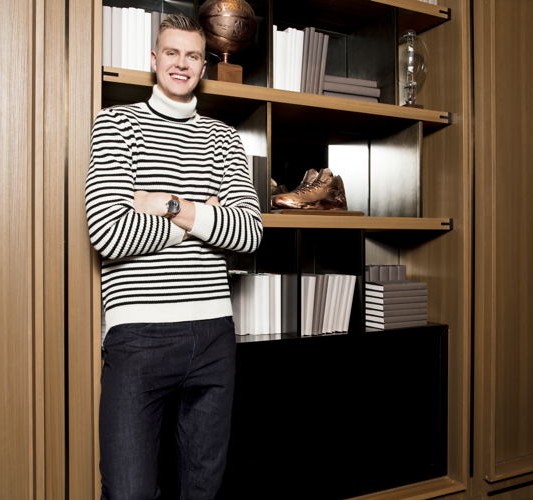
Jeans: ALBA
Watch: JAQUET DROZ
While time will tell as to whether or not his forecast comes true, it’s clear that Porziņģis is correct when he states that he was “born to do this.” He’s part of a basketball legacy, after all, as the youngest member of a cager clan—a basketball-playing family—with a ball in his hand immediately after learning to walk. Both his parents played in their youth. His father, Talis, played semi-professionally in the Soviet Union before becoming a bus driver, while his mother Ingrida, played on a national Latvian youth team before becoming a basketball coach. His older brothers, Jānis and Martins, both played professionally for the national Latvian team.
In fact, Porziņģis wears his No. 6 jersey in honor of eldest brother Jānis (one digit away from the No. 7 Carmelo Anthony jersey he wore as a kid), his role model. He would tag along on his brother’s training sessions in their hometown of Liepaja, on the coast of Latvia, or cheer from the sidelines with his family in Italy, where his brother played for five seasons. It was Jānis who encouraged his own love of the game, who inspired him to sign a contract with Baloncesto Sevilla and who persuaded him to move to Spain in 2010, though at the time, he didn’t speak the language. His brothers also urged him to speak English and were enthusiastic about his love of American culture (he cites his favorite film as Friday and loves rap, particularly Meek Mill and Future).
“He had a crazy work ethic himself when he was still playing, and he transmitted that to me at a young age,” Porziņģis recalls. “He taught me a lot of things. Obviously, now I’m playing at a higher level than him, but I can always remember how hard he worked to get to where he got. I want to use that, and also use what I learned from him—the mindset to get to where I want to be—and to use my potential 100 percent.” Jānis now acts as his little brother’s primary agent (“little” in age only—at 6’7, Jānis is a good eight inches shorter than Kristaps’ 7’3 height), working with his primary agent, Andy Miller. That they have a professional relationship is only an indication of how close they are personally: Porziņģis peppers his conversation with anecdotes and references to his siblings. It’s clear that they are not just brothers, but best friends as well.
“My family [members] are my number one supporters, and have been since I can remember,” he says. “They have always supported me trying to become a basketball player. My two older brothers have helped me on and off the court with everything. They’re my biggest motivation. They’re the most important things in my life.”
When he isn’t practicing, training or on the court, he’s likely spending time with Martins and Jānis in New York, heading to the beach if the weather is nice enough (a favorite pastime), scouring Brooklyn for Russian delicacies when the mood strikes them or simply hanging out.
Their relationship is one of good-natured teasing. Martins pokes fun, as brothers do, when asked to describe Kristaps. “This is hard. I don’t want to be rude, you know?” he laughs, before adding, “He’s family-loving, hardworking, hungry and humble.”
When we divulge all of the nice things Martins shared on his behalf, Kristaps chuckles. “That’s good… he tells me the opposite!”
So what do they tell him? Well… “They call me ‘dumb’ in a lot of situations… and ‘dumb’ is one of the nicest words they use to describe me!” he chuckles, before adding more seriously, “My brothers say that in a lot of situations, I don’t always pay attention or take things too seriously. But that works for me. I don’t overthink stuff. I live in the moment, and I try to keep it simple for myself.”
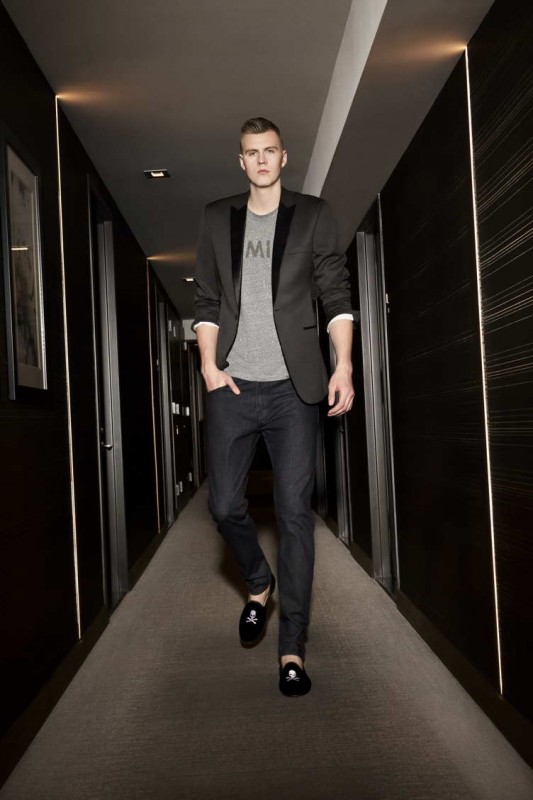
Jacket and jeans: ALBA
Loafers: DEL TORO
SOMETHING LIKE A PHENOMENON
In addition to his unicorn status, Kristaps Porziņģis has been called “the most popular person in Latvia” (by one of the top basketball agents in the country, Arturs Kalnitis). Two songs have even been written in his honor: “#PORZINGIS” from rap duo Transleiteris and “Keep Calm Like Kristaps Porzingis” courtesy of Olas, both Latvian artists. But for a guy who’s become a cultural icon, he’s amazingly low-key and refreshingly normal.
Yet, no matter what he has going on, he has one, very clear-cut focus: Everything else in life takes a back seat to basketball. During the season especially, he becomes a virtual hermit: eat, sleep, practice, play, repeat.
“Obviously people know that I love basketball, and I do enjoy doing other things, but during the season, I don’t do anything other than basketball,” he confesses. “I have family and friends visit from home, but other than that, I just lock into basketball. I’m really obsessed with just being a great basketball player.”
In the off-season, not much changes. There isn’t a ton of time for a social life when your focus is so singular. Take a relationship, for example. When we ask Porziņģis if he has a “special friend” he seems genuinely confused and begins to laugh in his deep yet boyish way. “I’m not so sure,” he chortles. Enough said.
Still, for the guy who basically only lives and breathes basketball, he’s a big fan of eating. When you’re 7’3”, weigh 240 pounds and happen to be a professional athlete who’s constantly burning calories, needless to say, there’s a lot of feeding to be done.
Restaurants like Philippe by Philippe Chow, Catch and Tao are among his go-to eateries, and he fully takes advantage of Manhattan’s A-list culinary scene on the regular. He can’t and won’t cook, so whether he’s dining out or taking out, his kitchen doesn’t see a whole lot of action.
“I don’t cook. I just absorb good food,” he admits. “For me, it takes too long to cook a meal. I’m not a good cook, and to cook a meal that I eat in five minutes is pointless. I don’t enjoy the process.”
But eating often—and eating well—are musts. “It’s very important for me to follow a good diet and eat the right things so that my body can recover after the games, especially with my schedule,” he says. “I would say in the last year and a half, my diet has changed a lot, which has helped my performance a lot. I have to keep close attention to what I’m eating, how much I’m eating and when I’m eating.”
He has his meal plans and workout routines down to a science, as one might expect from a pro athlete in his absolute prime (including abstaining from most alcohol… he’ll admit to enjoying the occasional glass of wine alone). “I force myself to eat a lot so I can have a lot of calories in my body, because how much I burn while I’m running and when I’m playing,” he says.
A day in his life starts at 8 a.m., where he’ll eat, lift weights (today he’s deadlifted about 260 pounds), eat again (twice), have another workout and then head home to (you’ve got it) eat again and nap… for three hours. Then it’s dinner, a yogurt or protein shake and bed. Sometimes he’ll see his physical therapist—who happens to conveniently live in the same building—for a few hours of night treatment and stretching. And there you have it, the recipe to success.
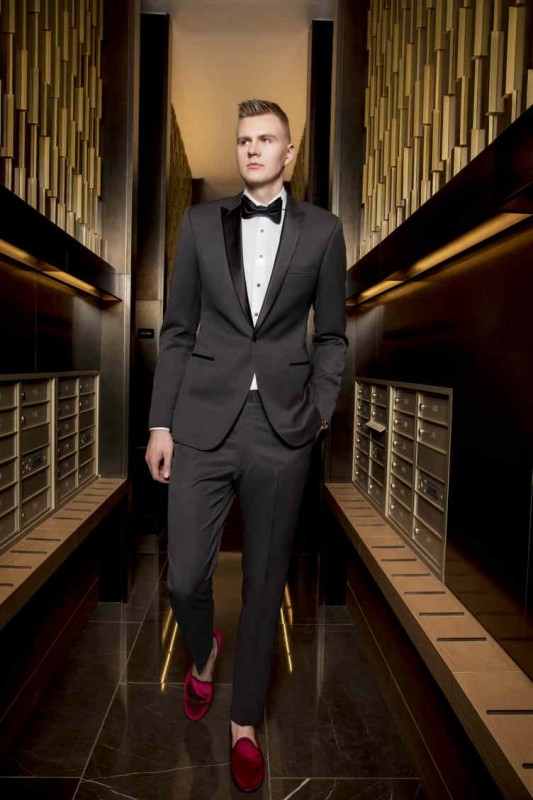
Shirt: SUITSUPPLY
Watch: JAQUET DROZ
In his rare spurts of downtime, he’s focusing on brand partnerships and learning the nitty gritty of athletic sponsorships. He’s currently working with the nutritional Zing! bar, Body Armor sports drink (in which he has equity), and Adidas.
Of the former he says frankly, “It was never my dream to partner with a nutritional bar, but I realized this was something that really could help my game and my day-to-day life.” He didn’t just want to make money and run, either. “I really wanted to be involved with the company; I didn’t want to get my money and make a couple of appearances and for that to be it. I wanted to learn about the business, so we came up with a deal where they really involved me in the process. I showed them how interested I am in the brand. I wouldn’t want to be with a brand or a product that I don’t love,” he notes, before giving his sales pitch with a naughty giggle. “Zing! bars give you energy throughout the day. They’re the best bars in the world!”
He’s joined the ranks of Tim Duncan, Dwight Howard and Kevin Garnett by partnering with Adidas on a custom shoe, the Crazy Explosive PE. The kicks pay tribute to the Knicks with the team’s royal blue and orange coloring; Porziņģis’ name runs down the heel tab of each sneaker. The deal is reportedly valued at $3-6 million a year, which, if said amount were correct, would be the largest athletic shoe endorsement deal for a European basketball player in history.
Financially, Porziņģis is also in an extremely good place. He’s eligible to sign a five-year rookie extension that’s valued at 25-to-30 percent of the salary cap (a projected $157 million to $188 million). After three years playing professionally for the NBA, his salary is projected to be the sixth highest for the New York Knicks come 2018.
And while he isn’t one to go buck wild and waste his wealth, he does occasionally indulge himself. After signing with the Knicks, for example, the self-admitted “watch guy” purchased his first Rolex (he has two, and an Audemars Piguet) as well as a car. He loved his S63 Mercedes-Benz so much, in fact, that he bought two of the same exact car… a sleek black vehicle for New York, and a summery white for riding around in style back home in Latvia.
He also indulges himself sartorially. Being so tall, there isn’t much off-the-rack that actually fits him, but there you go. He describes his style as “simple” and favors brands like Rick Owens (which does actually fit him), Amiri and Gucci, which dominates his closet.
Porziņģis will be the first to admit his love of fashion, and like most things in life, thinks his affection was passed down by his brothers. “They always dress well, and I think of them as being an example in my life for everything,” he notes, adding, “I was also making my own money playing basketball, so I was able to finally afford the things that I like.”
Things are just the trappings of good fortune, and when a kid utters “ball” as his second word and has a career like Porziņģis does at age 22, you know where his priorities lie. For the present and future, it’s all about the game. The focus is on healing up a recent elbow injury, staying healthy, fit and on track to become one of the greats. The only question he might have had has produced an answer… for now. “I still feel most comfortable playing power forward,” he tells us. “Maybe later I’ll play something else, but right now, I’m happy where I am.”
And as for that unicorn nickname? It’s all good in the hood. “It’s positive and cool. I guess I’m a unicorn because I’m a unique player,” he chuckles. “It’s funny, but I really don’t mind it when people call me that.”
We bet. And we’d also be willing to put money on that Kristaps Porziņģis is going to be laughing himself straight into All-Star status… in his brand-new Adidas Crazy Explosive sneaker which have—wait for it—unicorns on the outsoles, no doubt.

